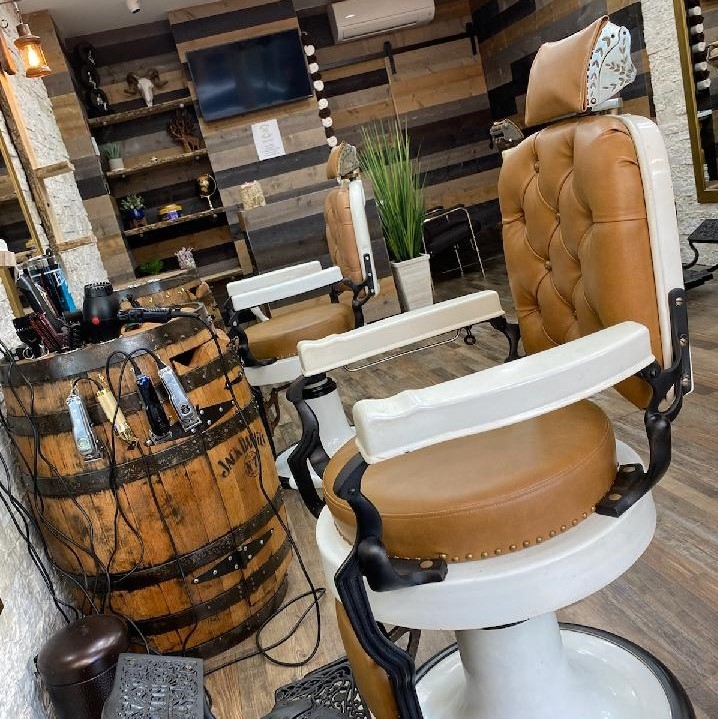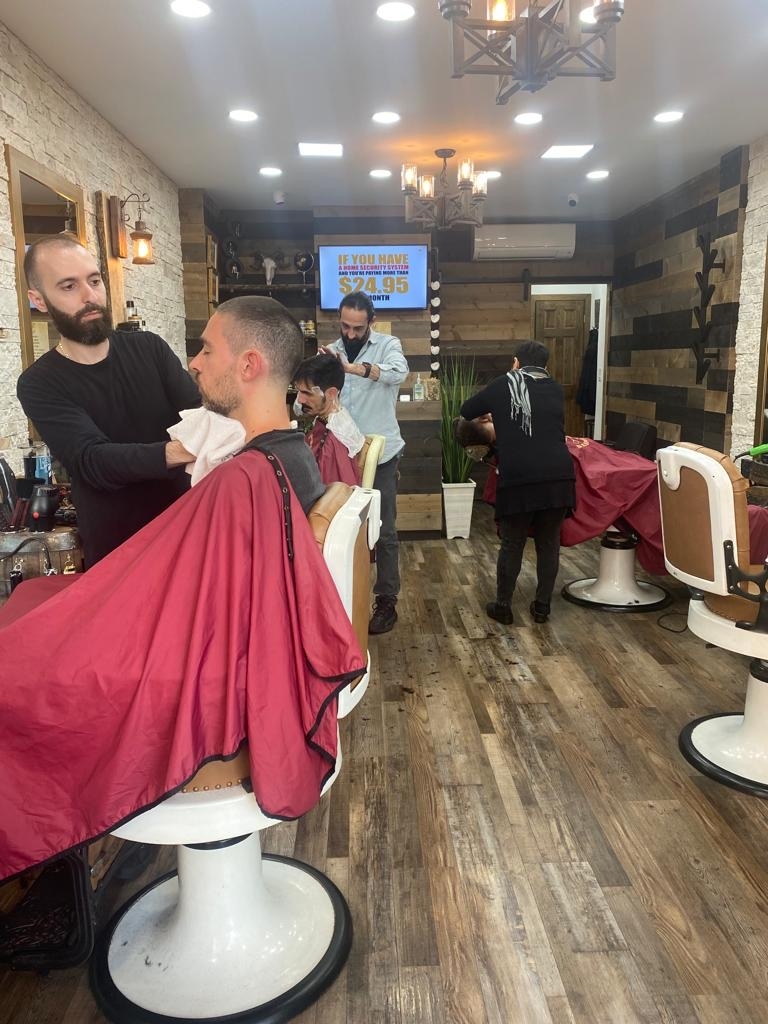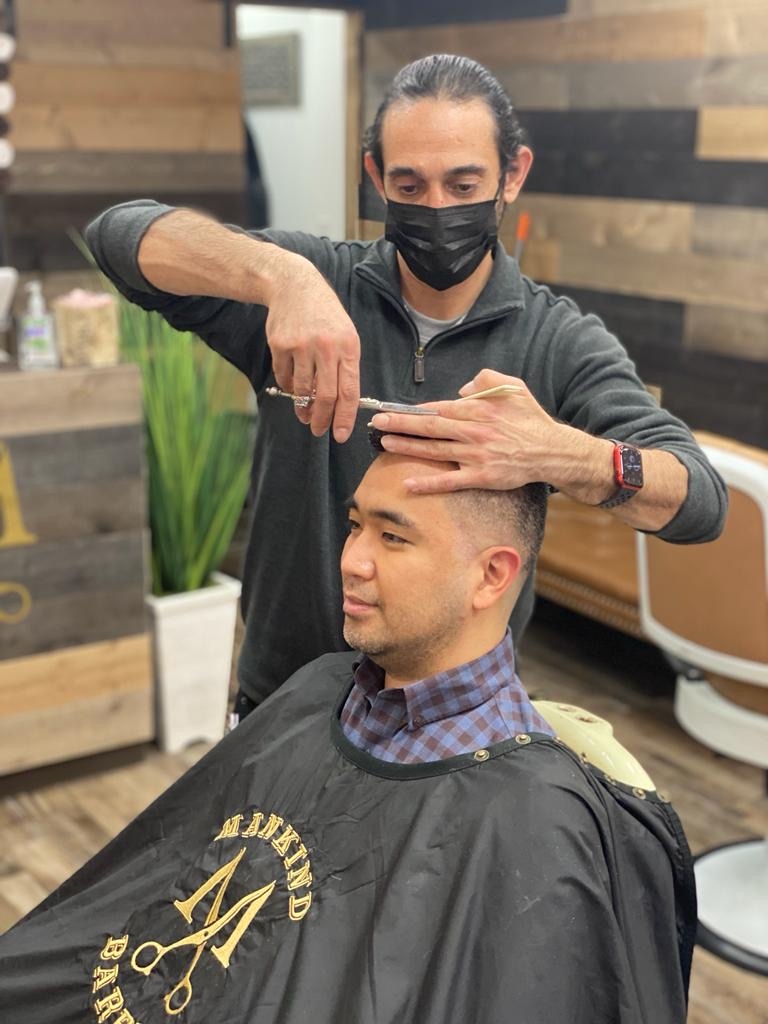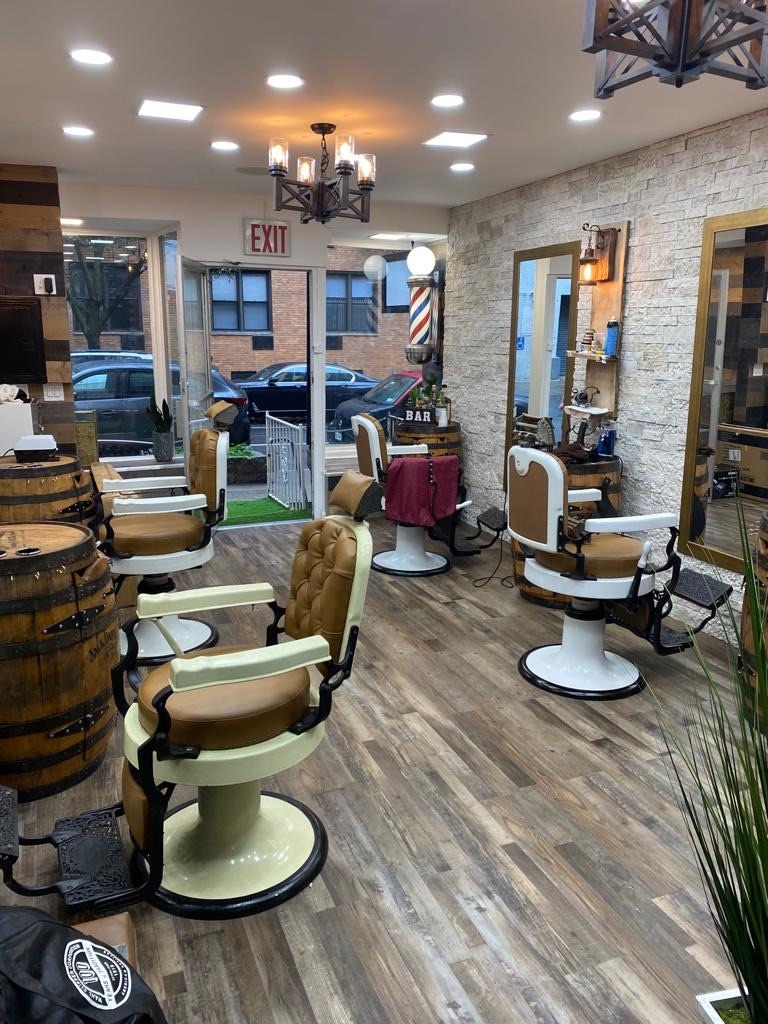Beard Styles for Round Faces
What beard styles are most flattering for round faces?
When it comes to beard styles that are most flattering for round faces, individuals should consider options that help to create the illusion of a more angular jawline. Styles such as the extended goatee, the anchor beard, or the boxed beard can help to add definition to the face and balance out the roundness.



